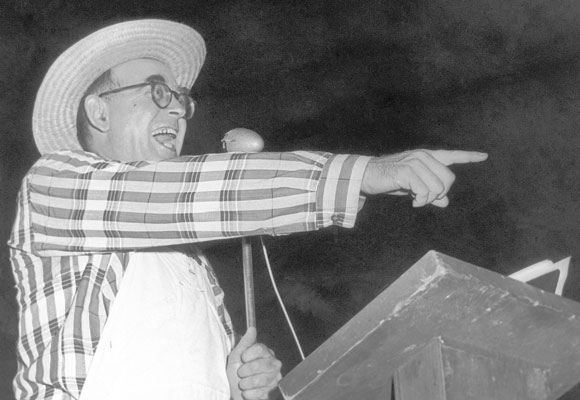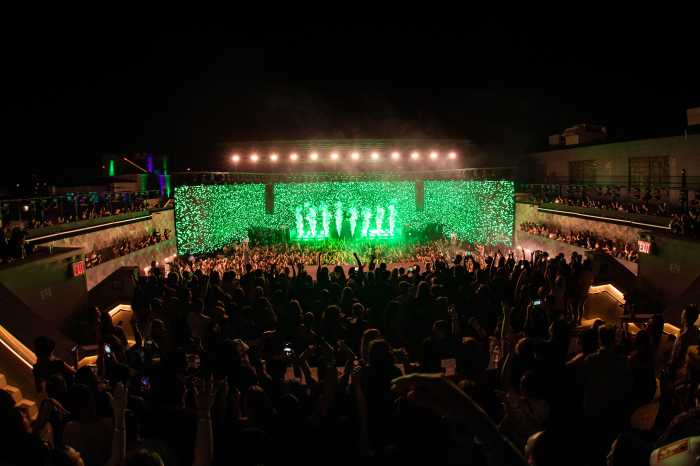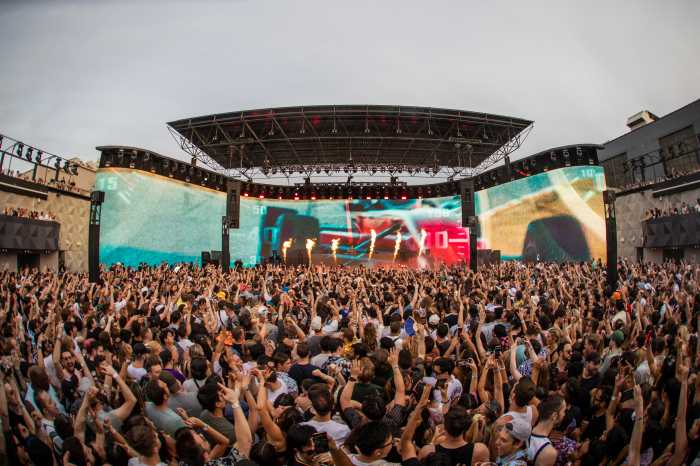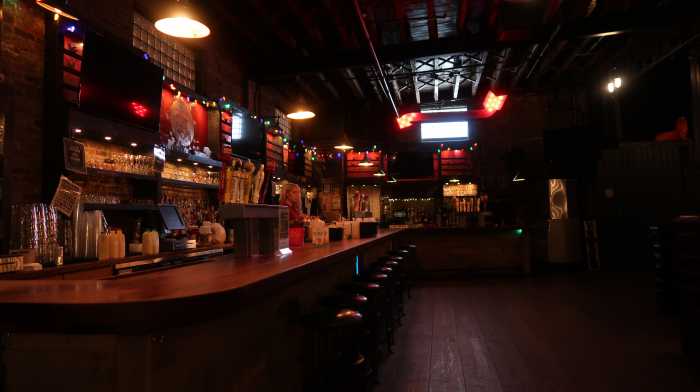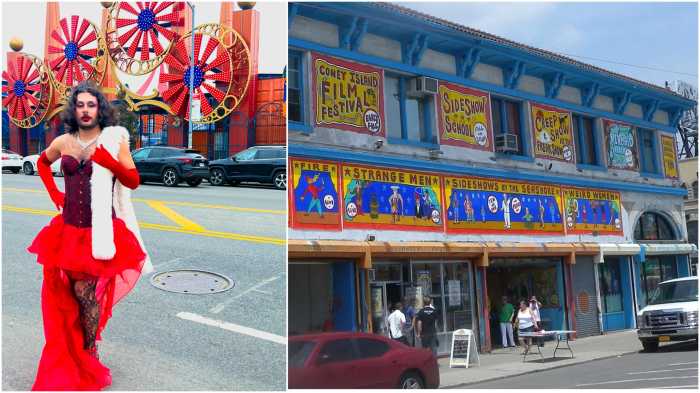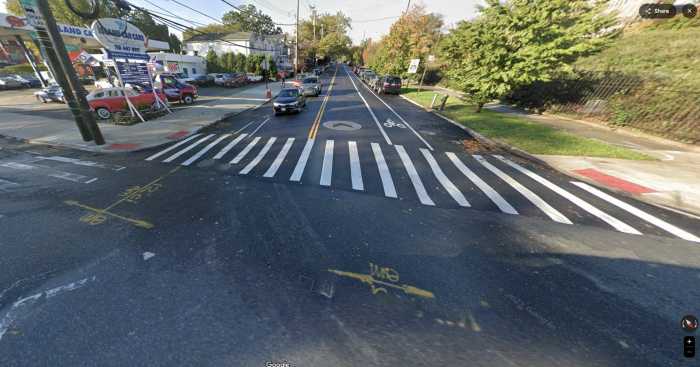With the Sixth Brooklyn Folk Festival comin’ round the mountain, it is time to bone up on your old-timey lingo. We asked the experts to explain some of the terms you might hear at the fest.
Talking trad
Festival organizer Eli Smith and banjoist Stephanie Jenkins shed some light on some of the more arcane slang and concepts associated with Americana music.
78: A vinyl record — “Long play” (or LP) records spin at 78 rotations per minute.
Bluegrass: A musical style invented in the 1940s that focuses on speed and technical proficiency and is played exclusively on stringed instruments.
“It’s the grandchild of old time,” Jenkins said. “Old time musicians didn’t make a lot of money, so they upped the speed and volume.”
Clawhammer: A highly percussive style of banjo playing where the player strikes strings in a downward motion with the back of the index fingernail and plucks strings with the side of the thumb.
“Clawhammer is infinitely old,” said Smith. “It comes from Africa, just like the banjo itself.”
Fiddle: A violin often tuned differently from a classical violin and used in Americana music.
“A fiddle is a violin you can spill beer on,” Jenkins said.
Hootenanny: A party or group jam session. Pete Seeger and Woody Guthrie applied the term to their jam sessions after hearing a politician in Washington state use it to describe political fund-raisers.
“It’s a party where people play traditional music,” Jenkins said.
Old time: Rural American music typically played by amateur musicians and handed down through aural tradition.
“Old time is as old as America and as diverse,” Smith said.
Trad: Shorthand for “traditional music.” In the context of American music, it is interchangeable with “old time,” but the term can also refer to traditional music in any culture.
Speaking square
This year, the festival is getting real rural with an old-fashioned square dance on April 20. Musician and dancer Kristin Andreassen will “call” the dance, meaning she will holler instructions for dancers to follow. Andreassen said the hoedown ain’t tough, and it is her job as a caller to make it as simple as possible.
“Beginners are welcome,” she said. “Just show up with a partner and wear comfortable shoes.”
Here are a few calls defined so you can step into the square like a pro.
Dosey do: Walk around your partner without touching and return to your spot.
“Dosey do means back to back, so you go back to back,” Andreassen said.
Allemande left your corner: A group dance maneuver stemming from Baroque dance.
“You turn to the person closest to you whose not your partner, give them your left hand like your going to arm wrestle them, and then you walk in a circle until you’re back facing your partner,” Andreassen said.
Ladies chain across the track: All four ladies put their right hands in middle of the square and walk around like a wheel. Then they give their left hand to the man across from them, and he turns them around, leaving them with a new partner.
“I double this one up, so you’re typically you wind up back where you started,” Andreassen said.
“Sixth Annual Brooklyn Folk Festival” at the Bell House [149 Seventh St. between Second and Third avenues in Gowanus, (718) 643–6510, www.brooklynfolkfest.com]. April 18–20. $15 afternoon shows, $20 evening shows, $30 full-day pass, $75 three-day all-festival pass.


